QuestionQUESTION: i bought my first leopard gecko yesterday but im unsure about feedin it. i gave it about 10 small dubia roaches last night at about 8pm (the lights go off at 7pm) they were left in the tank overnight as it wasnt out when i was still awake at 10:30pm. now i want to try feeding it about 5 crickets tonight (ive got loads) but im not sure how long to leave them in, as unlike dubia roaches i know they will bite my gecko
it did have a little bit to eat last night, about 3 roaches (the others ended up getting underneath the kitchen roll i have on the bottom of the tank)
http://www.flickr.com/photos/50593241@N02/7176627056/ (just a little pic of the little guy)
ANSWER: Be sure that crickets are calcium-dusted, as they are too high in phosphorus. (Roaches may be lower, but should still be dusted for a growing gecko).
In most cases, a reptile will not eat immediately after being moved to a new environment, and should be given a few days to settle in, first. Do not begin handling (if you plant to handle it) for at least a week, once the animal is eating normally. That your gecko did eat some of the insects means it has a naturally easy-going personality, and may be less stressed by changes, which is good. Still, expect it to have a reduced appetite for a while.
For a juvenile leopard gecko, feed daily. Offer as many insects as the gecko will consume at one time, and remove leftovers after 15 minutes. Once the gecko is around 12 months old, or around 60 grams (whichever comes first), you can reduce the feeding schedule to once every other day.
Be sure warm side temperatures are 90F, and cool side temps are 80F during the day (they can drop to room temperature at night). Heat pads should be regulated by a thermostat or rheostat, as they can increase their heat output over time, and burn animals (and even cause a fire hazard). Temperatures should be checked using a thermometer with a remote probe (the stick-on kind have so much variance from the actual temperature that they are literally garbage).
A dry hide, and humid hide, should be available, and a small, shallow water dish.
---------- FOLLOW-UP ----------
QUESTION: it ate the 5 crickets i put in last night for it. not sure what time as i left them in with it from around 7:30pm and didnt check the tank again until 9:30pm. i will try feeding it a few more crickets tonight.
guess i got lucky with my gecko as ive read many things about them not eating for days, even weeks when they move to a new enviroment.
i just need to ask ive read that people put a lid of calcium powder in the tank for the gecko to lick, im just wondering if i have to do that
AnswerYou don't have to, but some geckos will appreciate having a free-choice calcium source. If you do, use a calcium supplement that does not contain vitamin D3.
For regular dusting, use a supplement containing D3 twice a week, and regular calcium the rest of the time. Once a week, use a vitamin supplement instead.
In the wild, geckos would have access to natural sunlight, and a wide variety of different insects, with different gut contents. You should also gut-load your feeder insects on high-quality food such as dandelion greens, carrot, fish food flakes, etc. The food that the insect has eaten will be ingested by the lizard as well. It's taken a long time for reptile care to progress to where we can keep animals as healthy in captivity as they are in the wild (and we still have much to learn with some species). The dietary vitamin D3 compensates leopard geckos' lack of access to sunlight or UVB light, but too much D3 is toxic, so a balance has to be achieved with supplements. Oversupplementation can be dangerous as well.
Once the gecko is fully grown, use the powder containing D3 once a week, vitamins once, and nothing at all for the 3rd weekly feeding (other than gut-loading) unless feeding crickets or mealworms (those should be lightly dusted with plain calcium).

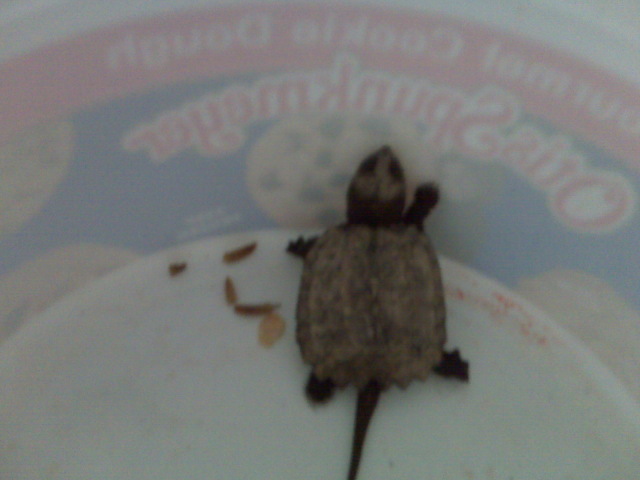 what kind of turtle
QuestionQUESTION: I am sorry to bother you, but i need
what kind of turtle
QuestionQUESTION: I am sorry to bother you, but i need
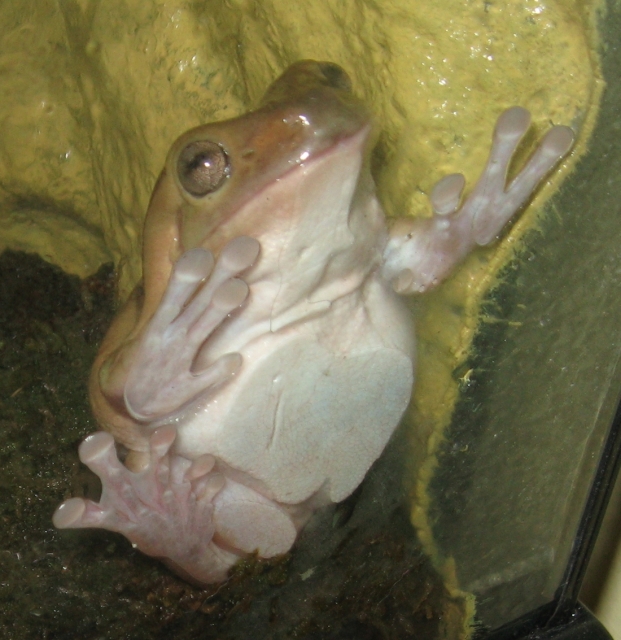 dumpy tree frog eating habits
QuestionAre her feet normal?
QUESTION: I have ba
dumpy tree frog eating habits
QuestionAre her feet normal?
QUESTION: I have ba
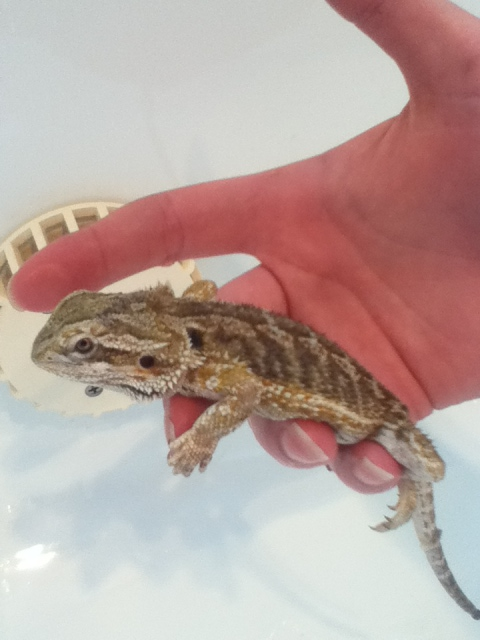 Central Bearded Dragon behaviour
QuestionQUESTION: I have a central bearded dragon, I go
Central Bearded Dragon behaviour
QuestionQUESTION: I have a central bearded dragon, I go
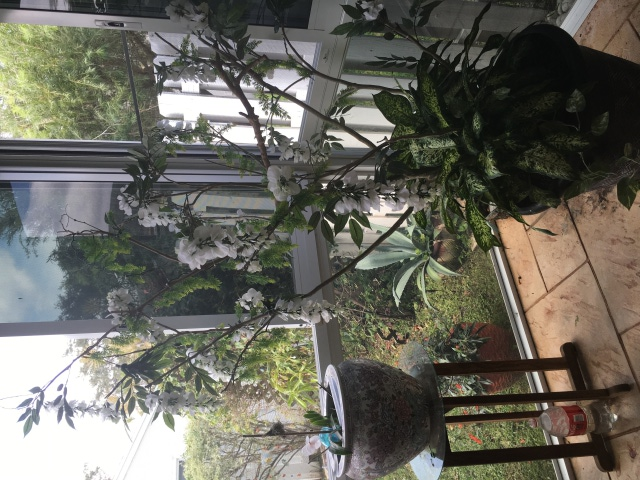 My 1 year old Chamaleon
QuestionRambo
His habitat
QUESTION: My on
My 1 year old Chamaleon
QuestionRambo
His habitat
QUESTION: My on
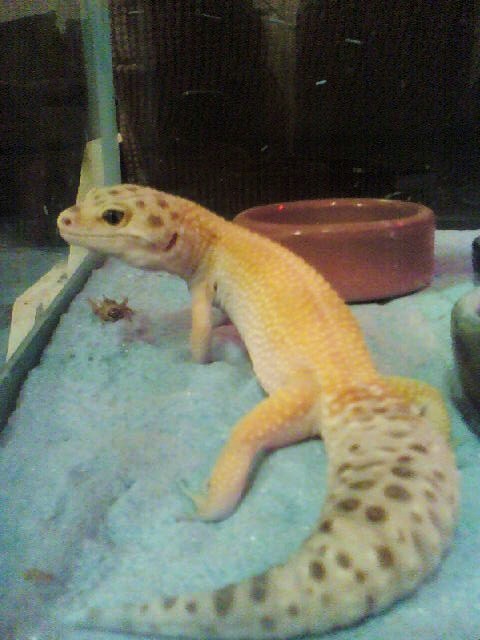 Leopard Gecko Behavior
Question
Pickels
How often should my two Leos be going
Leopard Gecko Behavior
Question
Pickels
How often should my two Leos be going